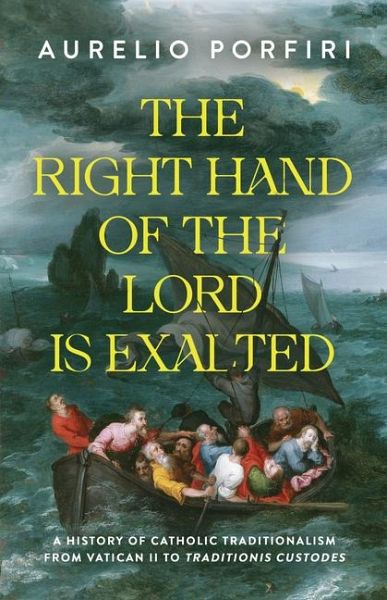
The Right Hand of the Lord Is Exalted
A History of Catholic Traditionalism from Vatican II to Traditionis Custodes
Versandkostenfrei!
Versandfertig in über 4 Wochen
15,99 €
inkl. MwSt.

PAYBACK Punkte
8 °P sammeln!
It is no secret that many factions exist in the Church. The challenge, however -- and increasingly so -- is in determining which are propagating error and which are shedding light. Through historical vignettes and penetrating writings from a range of sources, Aurelio Porfiri, musician and essayist, examines the emergence of traditionalism in the wake of the Second Vatican Council, the debates concerning liturgy that it has engendered, and the Church's current relationship with the world. Through his sharp-eyed research, relationships, and insights, you will be empowered to discern where the tr...
It is no secret that many factions exist in the Church. The challenge, however -- and increasingly so -- is in determining which are propagating error and which are shedding light. Through historical vignettes and penetrating writings from a range of sources, Aurelio Porfiri, musician and essayist, examines the emergence of traditionalism in the wake of the Second Vatican Council, the debates concerning liturgy that it has engendered, and the Church's current relationship with the world. Through his sharp-eyed research, relationships, and insights, you will be empowered to discern where the truth lies and how to navigate the stormy waters of modern-day Roman Catholicism. In these absorbing pages, well documented but at the same time easily readable, Porfiri evaluates whether the Second Vatican Council is the real cause of the current crisis in the Church. You will discover if our present divisions and schisms originated during the pontificate of Pope Francis or before. Cogently, Porfiri reveals: * The true intentions of St. John XXIII in convening the Second Vatican Council * The origins of modernism and its persistent effects in our current crisis * The impact of more than a dozen influential Catholic theologians and intellectual movements on the present situation of the Church * The tension between continuity and change, traditionalism and progressivism * What St. Paul VI said regarding the Church's role in light of cultural trends * Whether Benedict XVI's resignation was an act of courage or neglect Moreover, Porfiri recounts the turbulence of the 1960s within the Church and within society as a whole, reflecting on the struggle between obedience to the hierarchy and individual convictions, not only among clergy but among popular figures of the time. You will learn about the Church's response to contemporary political ideologies, such as communism, and her views regarding ecumenism. Additionally, you will learn about priests who spoke out against progressivism and the consequences they faced as a result, as well as what happened to those who promulgated homosexual views. Far from an ideological diatribe, this work asks the authentic question: Is traditionalism the solution for the crisis of the Church, and if so, how is it properly defined? You will learn details about efforts to defend the use of Latin and preserve traditional liturgy in response to the reforms following the Second Vatican Council, St. John Paul II's attempts to restore unity, and what the last three pontiffs had to say about traditionalism. Despite the current climate of division, reading this book will give you reasons to fight for the truth in the Church, and the motivation to do so.



![Hand-book of the Presbyterian Church in Canada, 1883 [microform] Cover Hand-book of the Presbyterian Church in Canada, 1883 [microform]](https://bilder.buecher.de/produkte/65/65503/65503498n.jpg)
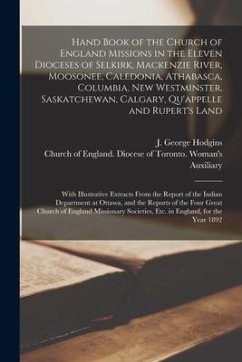
![The Catechetical Instructor [microform]: a Hand-book of Bible Doctrines and Practices for the Use of Families, Sabbath-schools and Bible-classes Cover The Catechetical Instructor [microform]: a Hand-book of Bible Doctrines and Practices for the Use of Families, Sabbath-schools and Bible-classes](https://bilder.buecher.de/produkte/65/65504/65504200n.jpg)
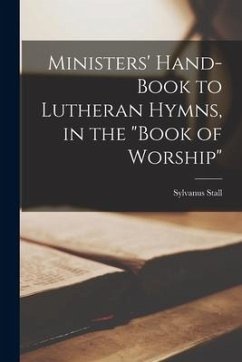

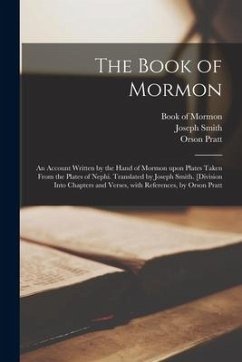
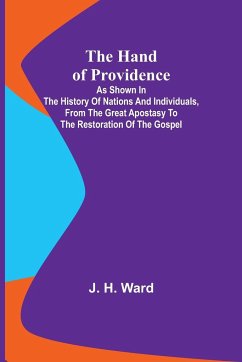


![Mater Admirabilis [microform]: a Hand-book of Instruction on the Power and Prerogatives of Our Blessed Lady Cover Mater Admirabilis [microform]: a Hand-book of Instruction on the Power and Prerogatives of Our Blessed Lady](https://bilder.buecher.de/produkte/65/65522/65522104n.jpg)